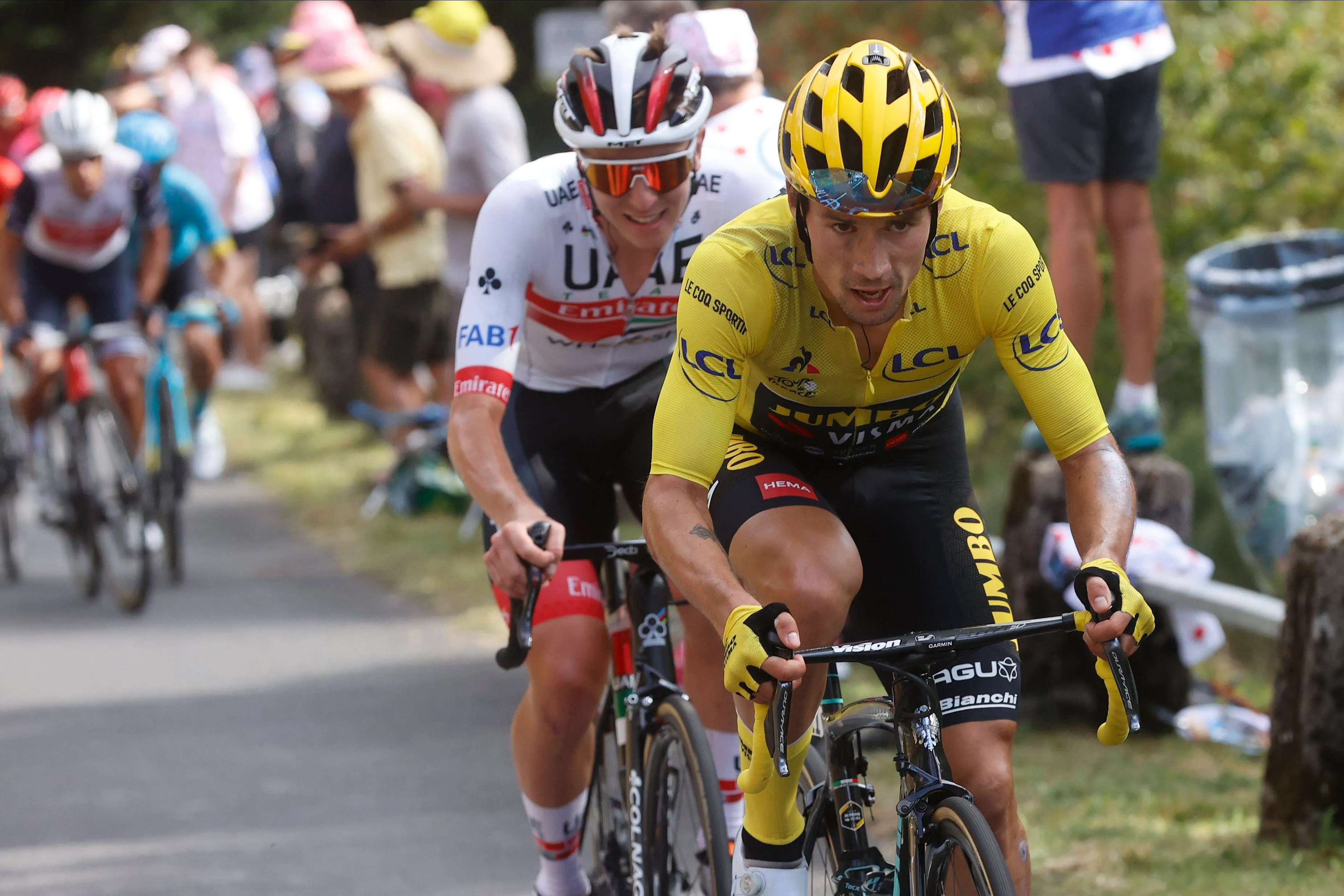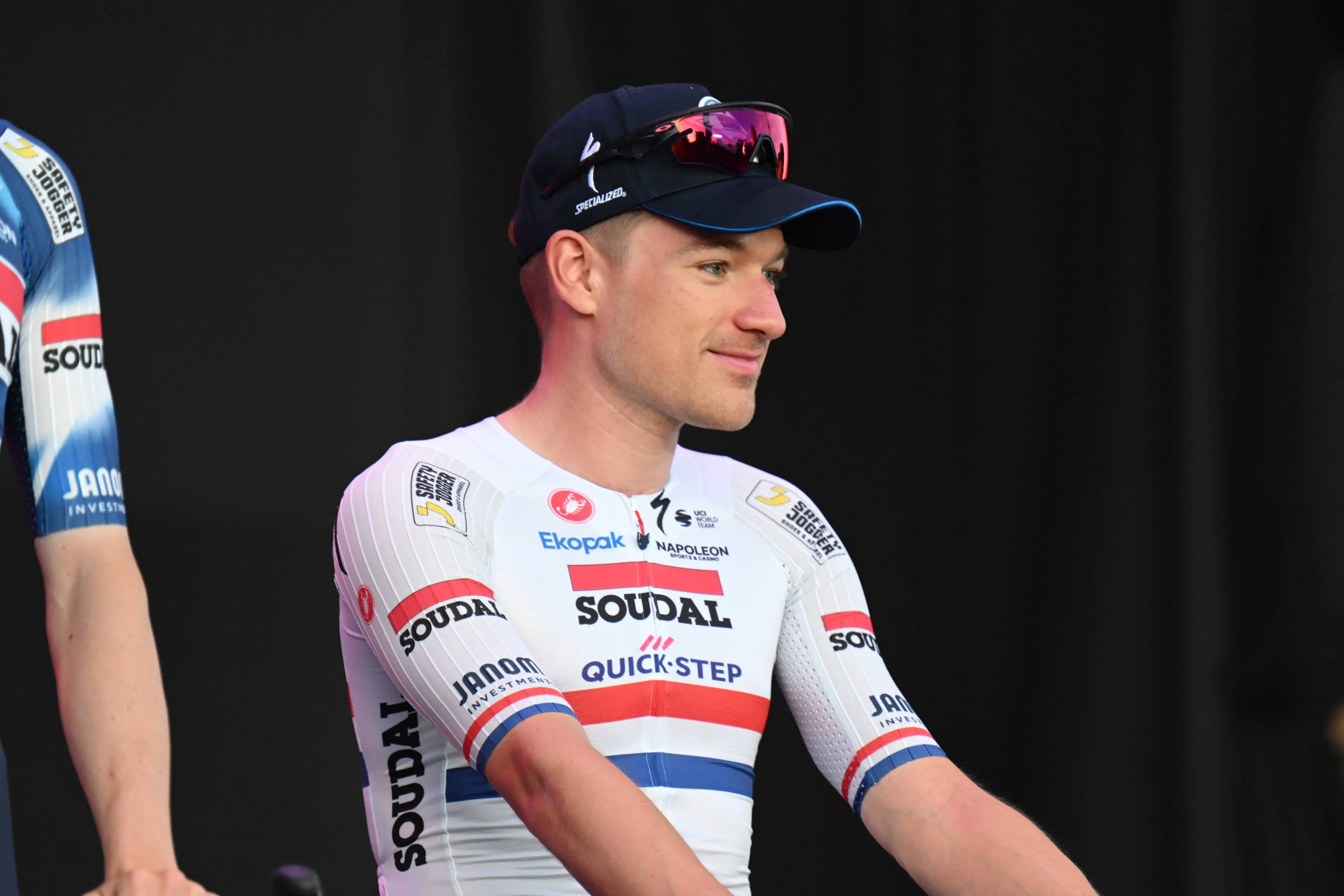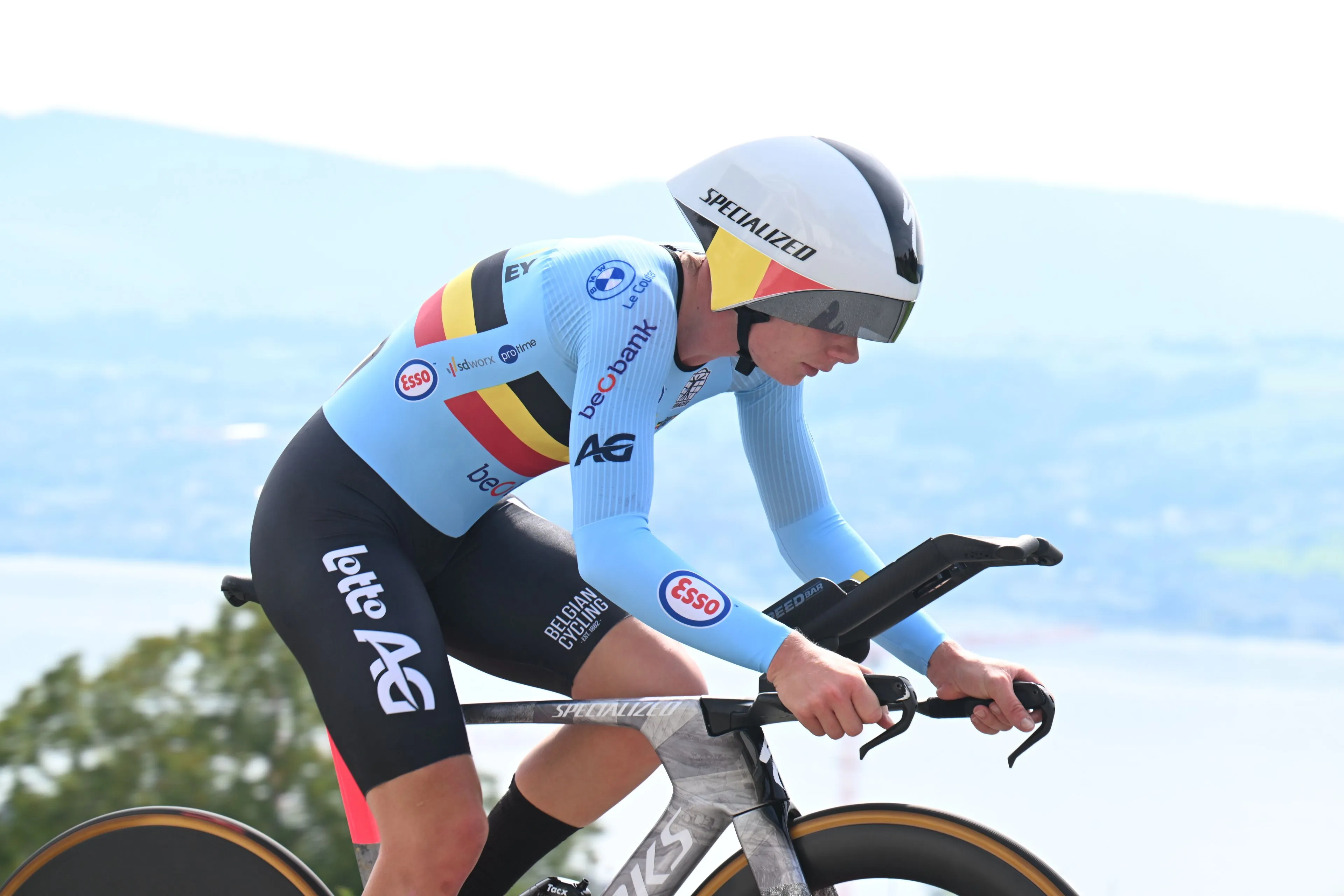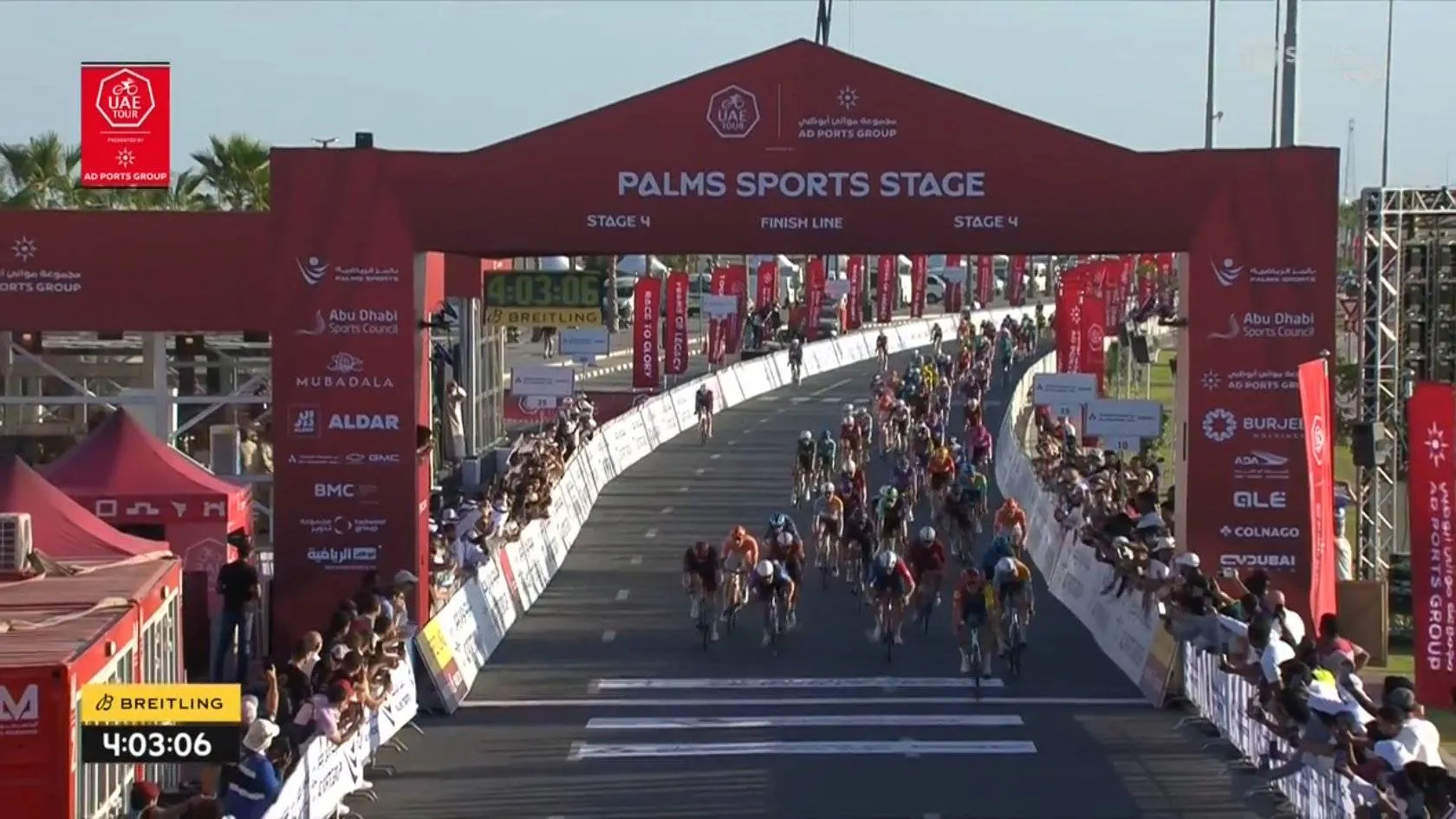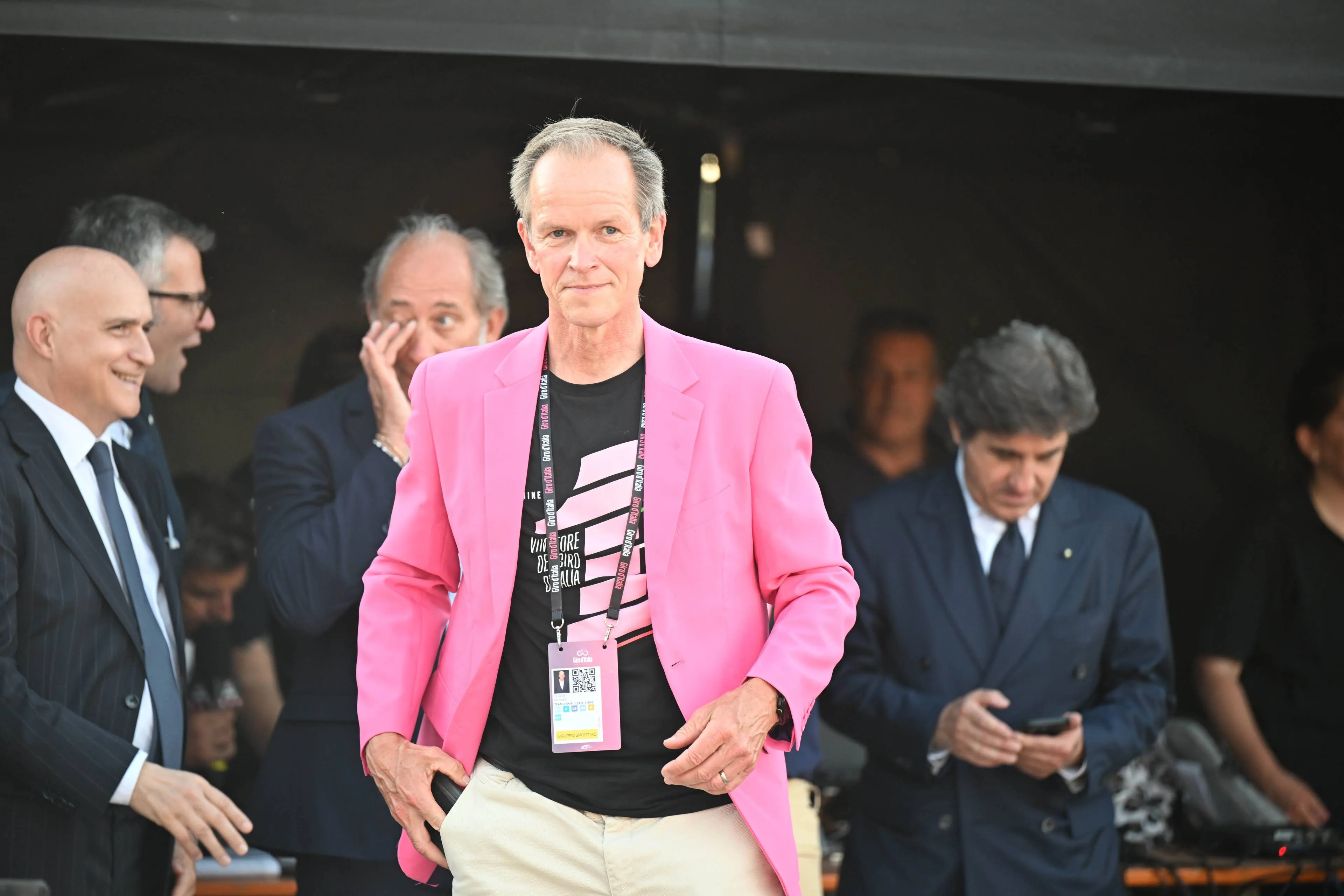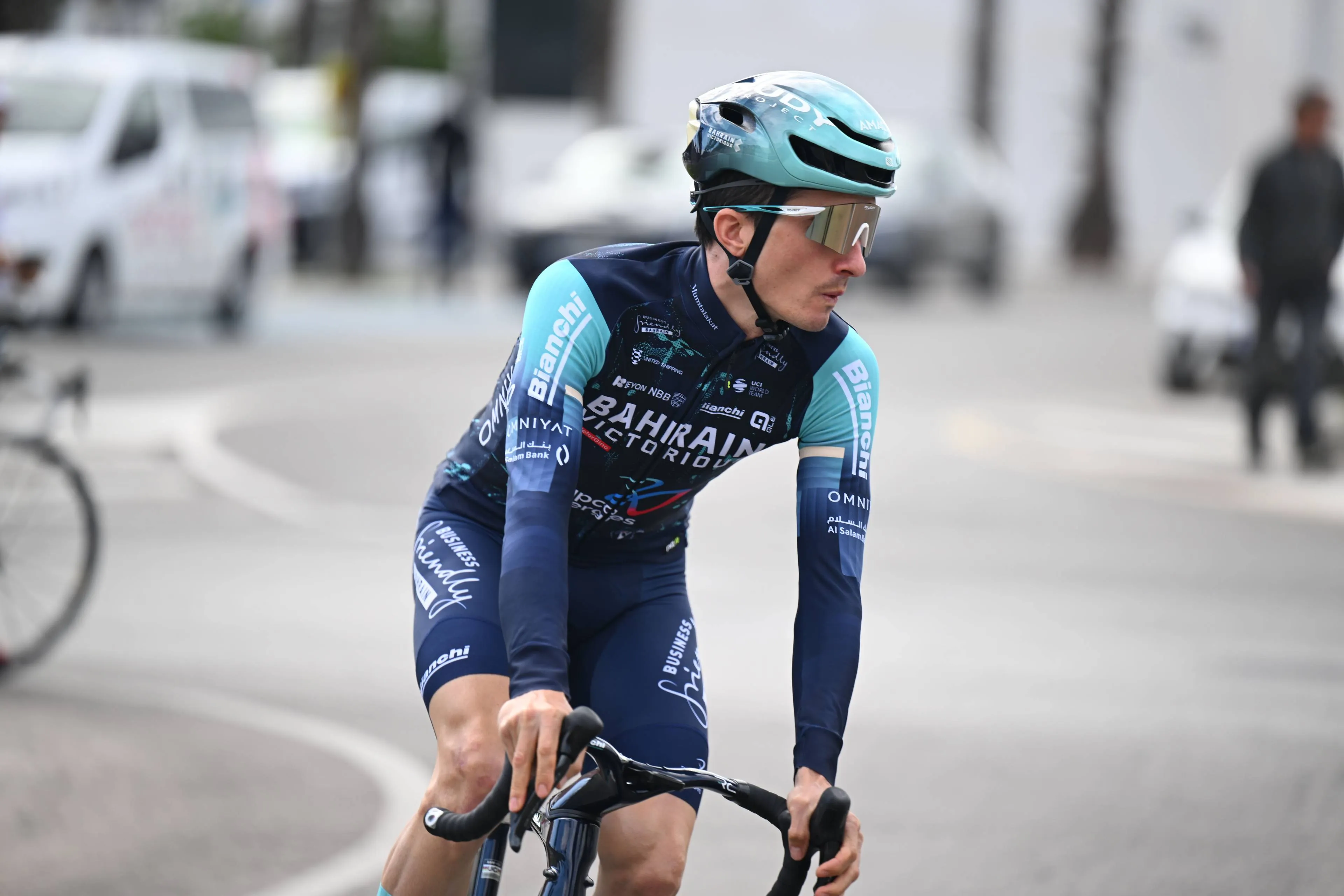Luke Rowe warns of ‘huge responsibility’ and early danger zones as Decathlon AG2R prepare for Tour de France 2025
CyclingSaturday, 28 June 2025 at 05:00
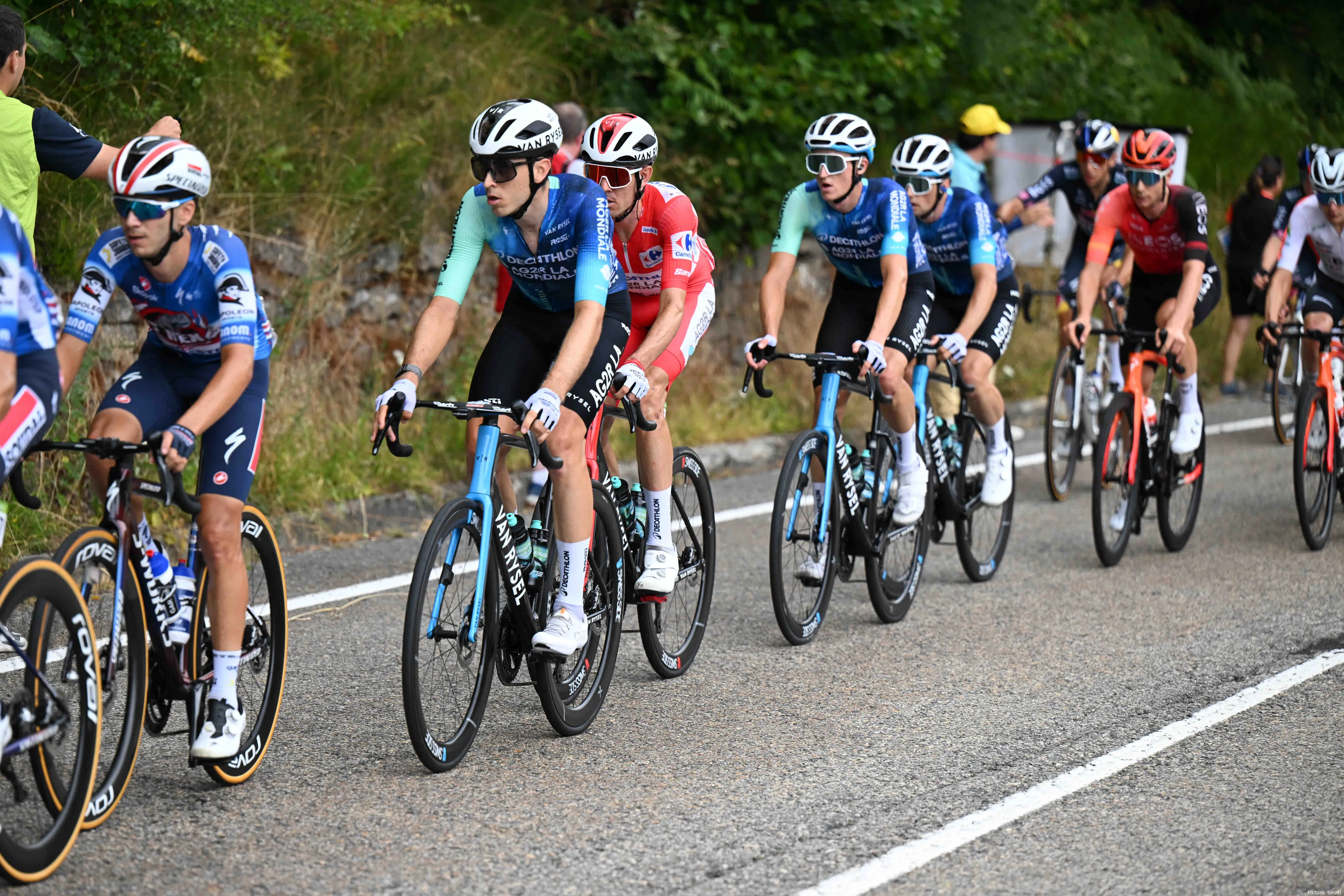
As the Tour de France 2025 draws closer, Decathlon AG2R La
Mondiale Team sports director Luke Rowe has spoken about the unique pressure and
dangers that come with the world’s biggest bike race. Rowe, now in his first
season as a directeur sportif after retiring from racing with INEOS Grenadiers
at the end of 2024, will guide his new team through a tense and unpredictable
opening week when the race begins on July 5 in Lille.
Speaking to IDLProCycling, the 35-year-old was clear
that the weight of the Tour is ever-present. “I don't think you can put extra
pressure on yourself in the Tour de France because that pressure is always
there. The whole sport revolves around this race. So it doesn't bring any extra
pressure, but make no mistake: of course, we want to make our sponsors proud.
When you get close to the team's heart, it's a badge of honor. We want to
perform and are motivated, but that goes for every team.”
Read also
Rowe knows better than most how crucial the early stages can
be, not because of opportunities gained, but because of what can be lost. The
opening week features narrow roads through northern France and the coastal
regions of Normandy and Brittany, notorious for nervous racing and potential
crosswinds. “It's going to be very nervous anyway,” he said.
“As soon as you have a classification stage early on, the
race is already decided in a way. Everyone is full of confidence at the start
of a Tour de France, but in such a first test, you often get an order in the
peloton.”
That early order, Rowe believes, imposes a structure that
calms the race, but only after the chaos has passed. “That provides more
control. Now there's a first week and a half with more stress for everyone. The
roads are fine in those parts of France, but they are often open roads. It's
usually less windy in the summer than in the earlier months of the year, but if
there is a windy day, everyone knows what the consequences can be.”
Read also
His message is clear: the first week of the Tour is not
about winning. It’s about surviving. “No one in the GC likes it because you can
only lose in the first part of the Tour: crashing, losing teammates, and things
like that. Gaining a little time is nice, but it never outweighs the risks.”
That assessment rings especially true given the Grand Départ
in Lille, a city that previously hosted opening stages in 1960, 1994, and 2001,
will be followed by treacherous terrain across the country’s northwest. With
crosswinds, stress, and fresh legs in the bunch, the opening block could prove
decisive before a single mountain is tackled.
Read also
“However, we still have to get through it to reach the
mountains and compete for a top ten or whatever,” Rowe said. Having spent over
a decade helping GC leaders like Chris Froome and Geraint Thomas during his
time at Team Sky and INEOS, he knows the stakes intimately. “It doesn't matter
if you're Vingegaard, Gall, or Pogacar; there's just not much to it. They
prepare for months, and it can end in a second.”
Since joining Decathlon AG2R La Mondiale at the start of the
year, Rowe’s arrival has been seen as part of the team’s effort to build a more
structured, experienced leadership group around GC hope Felix Gall and a new
generation of riders. Though his transition from the peloton to the team car
surprised some, the Welshman brings Tour-tested insight into what it takes to
navigate the early minefields.
"It's a huge responsibility, but I always tried to
forget that it was the Tour," he added. "I approached every race with
the same mentality. Of course, there are a few more spectators, but you also
have to remember that it's just a bike race. Bigger things are going on in the
world."
Read also
claps 2visitors 1
Just in
Popular news
Latest comments
- Florian Lipowitz is secretly happy
 Rafionain-Glas19-02-2026
Rafionain-Glas19-02-2026 - The crucial thing to remember is that Remco was broken by the pace of Gall and Tiberi, not Del Toro's. Remco's excessive antics are because he doesn't want anyone to think that he's 'genuinely' struggling. You can always say 'he got cramps' because 'his preparation didn't go to plan', but the thing is that there is a limit to the number of excuses and exceptions that there can be. Eventually everyone just accepts that he's reached his ceiling on the climbs.
 Rafionain-Glas19-02-2026
Rafionain-Glas19-02-2026 - Bahraini suspicious..Santiago19-02-2026
- The problem is, a British 'boss' opening the gates, when the native workers not wanting them!
 leedorney19-02-2026
leedorney19-02-2026 - Who is overrating him on climbs? Everyone knows since ages it’s his weakness and needed years of work. Question us if he can do enough about it. For sure he won’t be able to improve his TT enough to compensate.Mistermaumau19-02-2026
- What do you call only seeing someone’s positives?Mistermaumau19-02-2026
- Remco banging his leg, just like he banged his saddle when pog dropped him. He ain't fooling anyone with those antics. I'm not a hater, but he's a bit overrated on serious climbs.Santiago19-02-2026
- Obviously isn’t learning from the Epstein fallout. The more you unravel the past the more undiscovered mess appears.Mistermaumau19-02-2026
- I like Tadej a lot (a lot, a lot) but you're a little exxagerated... Allow me to give you some advice: Never become a fanatic for something or someone (neither pro nor against, haters are against-fanatics). And never idolize human beings.
 maria2024202419-02-2026
maria2024202419-02-2026 - What about them? What did they get away with in the end?Mistermaumau19-02-2026
Loading
Write a comment
